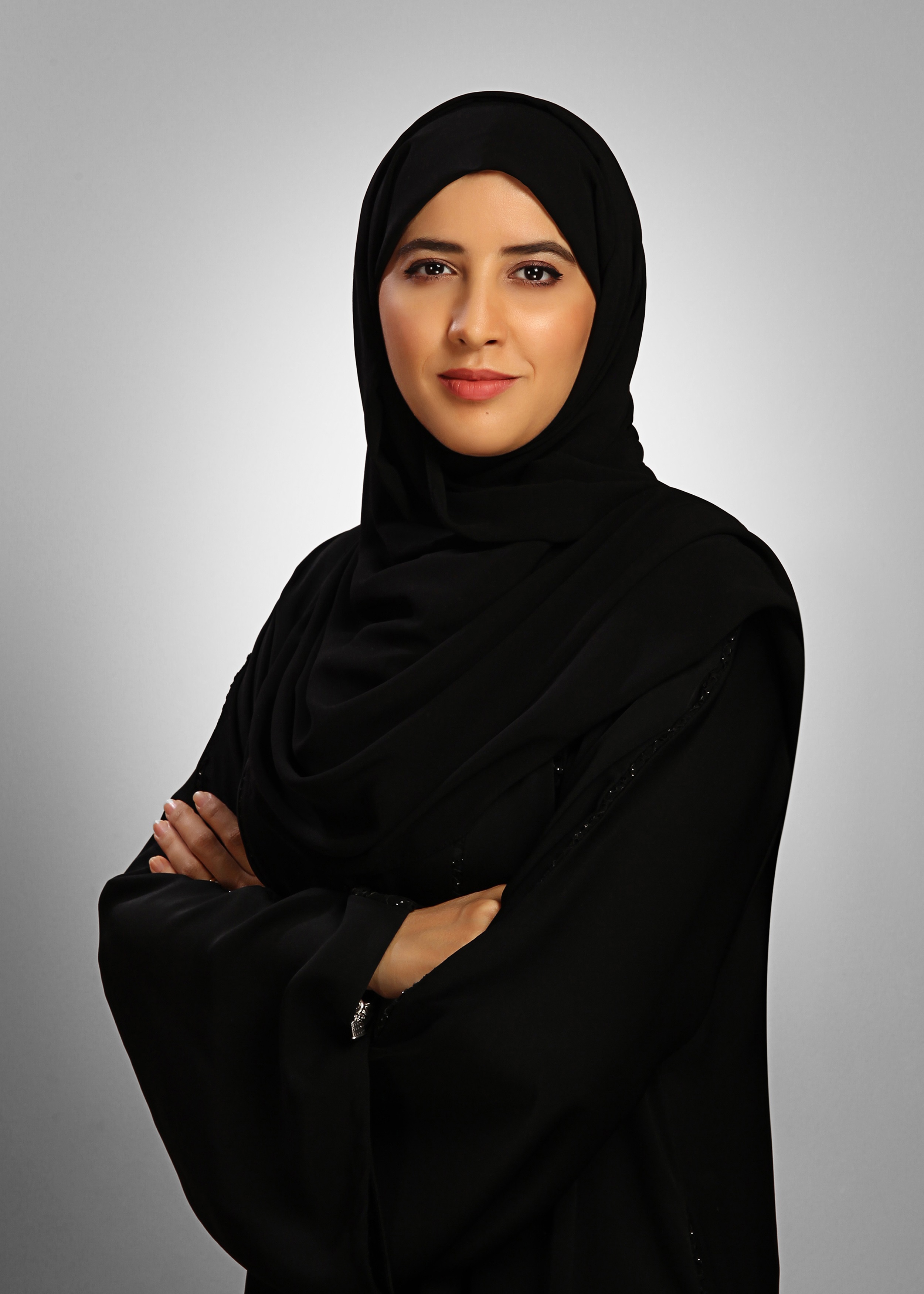The Education Affairs Office (EAO) at the Crown Prince Court in Abu Dhabi today launched “Teaching in the United Arab Emirates: 10 Lessons from TALIS”– a new book that provides teachers in the UAE with practical guidance as they support the nation’s youth and prepare them for the world.
Published by the Organisation for Economic Co-operation and Development (OECD), the book builds on discussions from Qudwa 2019, a teachers’ forum organized by the Education Affairs Office of the Crown Prince Court of Abu Dhabi, where teachers, school leaders and decision-makers focused on how to build future-ready schools and develop the right global competencies among students.
Identified through analysis of UAE data from the OECD’s Teaching and Learning International Survey (TALIS) in 2018, these competencies will help students thrive in a globally competitive marketplace and increasingly complex society, ensuring that the UAE’s youth receive high quality education, in-line with the government’s objective to move towards a more knowledge-based and diversified economy.
“During Qudwa 2019, the feedback we received from teachers and school leaders in the UAE was that teaching for global competence requires an update in teaching methods and a shift in mindset, to create a positive, everlasting change in our education system,” said Alanood Al Kaabi, Education Programs Manager at the Education Affairs Office, Crown Prince Court in Abu Dhabi.
“This book aims to support the UAE in its efforts to enhance the quality of its education system and strengthen the contribution of education and skills to the nation’s socio-economic development.”
“By taking inspiration from education systems all over the world, this book reflects one of the fundamentals of a global outlook and of the UAE: valuing diversity. The diversity of our schools and our nation is a significant strength as we move into a complex, global future, and using this strength to stimulate curiosity and integrate the diverse perspectives of our community will be key to our teaching systems.”She added.
“Governments around the world are developing policies and initiatives to attract and retain the highest-quality teachers to the profession, and the United Arab Emirates has been at the forefront of this trend. Qudwa 2019 put teachers at the heart of the discussion about creating future-ready schools in the UAE. This reflects a national commitment to place teachers and teaching at the centre of the nation’s education policies.” Andreas Schleicher, Director of the OECD Directorate for Education and Skills.
The 88-page book has been published in both English and Arabic and was developed for teachers and school leaders in the UAE following an in-depth analysis of TALIS 2018 data. It provides ten lessons for UAE educators on key areas to improve the quality of teaching in Emirati schools. Each section provides lessons, an introduction to the subject and a review of relevant academic research.
The second section presents the data from TALIS 2018, explaining the current context in the UAE and in other participating countries. The final section provides practical resources for teachers including lesson plans, links to tools for the classroom and professional development and case studies from around the world to develop best practice.
To access the full book, visit this link.







